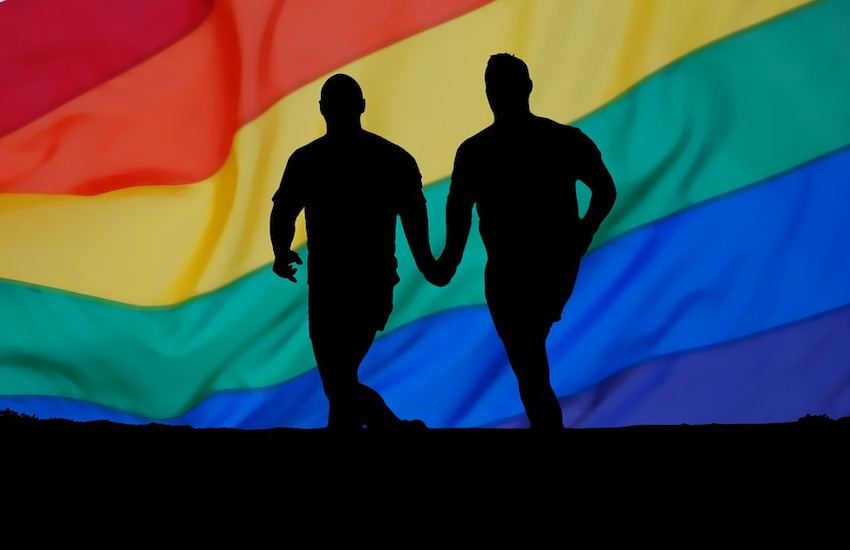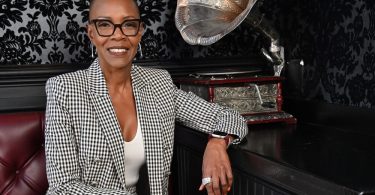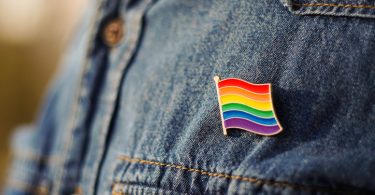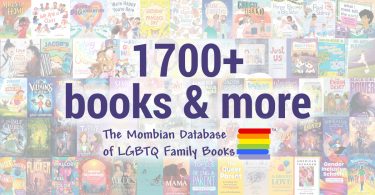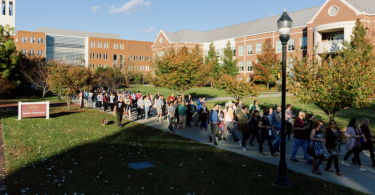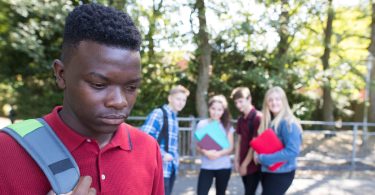A recent poll in the UK found that many LGBTI couples are afraid to hold hands in public
A recent poll in the United Kingdom found that many LGBTI couples are still scared to hold hands in public.
The poll
The survey, which featured over 100,000 LGBTI participants, was published by the UK government on 3 July.
According to the poll, 68% of those surveyed said they’ve avoided holding hands with their partners in public. The reason? They want to avoid any negative confrontation.
Even more disheartening, 70% of people surveyed said they’ve avoided even being open about their sexuality in public.
As for gender identity and expression, 59% of trans women, 56% of trans men, and a whopping 76% of non-binary people said they’ve avoided expressing their gender identity in public.
Because of having to hide who they are and live in fear of confrontation, LGBTI people are less satisfied with life than their cisgender and heterosexual counterparts. LGBTI people answered with a 6.5/10 satisfaction ranking, as opposed to 7.7/10 from cishet individuals.
Government reaction
‘Everyone in this country should feel safe and happy to be who they are, and to love who they love, without judgment or fear,’ Penny Mordaunt, the Minister for Women and Equalities, told Into.
‘I am incredibly proud of the UK’s global leadership on LGBT equality and the fact that this is the largest survey of its kind, but many of the results are very disturbing.’
‘It’s unacceptable that people feel they cannot hold hands with their partner in public,’ Mordaunt added. ‘And that they are unable to walk down the street without fear of abuse. It is also deeply worrying that LGBTQ people experience difficulty accessing public services such as healthcare and that so many are being offered the abhorrent practise of conversion therapy. This Government has done much to promote a diverse, tolerant society and supporting lesbian, gay, bisexual and transgender people – but it is clear we have more to do.’
Thankfully, the United Kingdom recently announced their plan to ban ‘gay cure,’ or conversion therapy, in the country.

